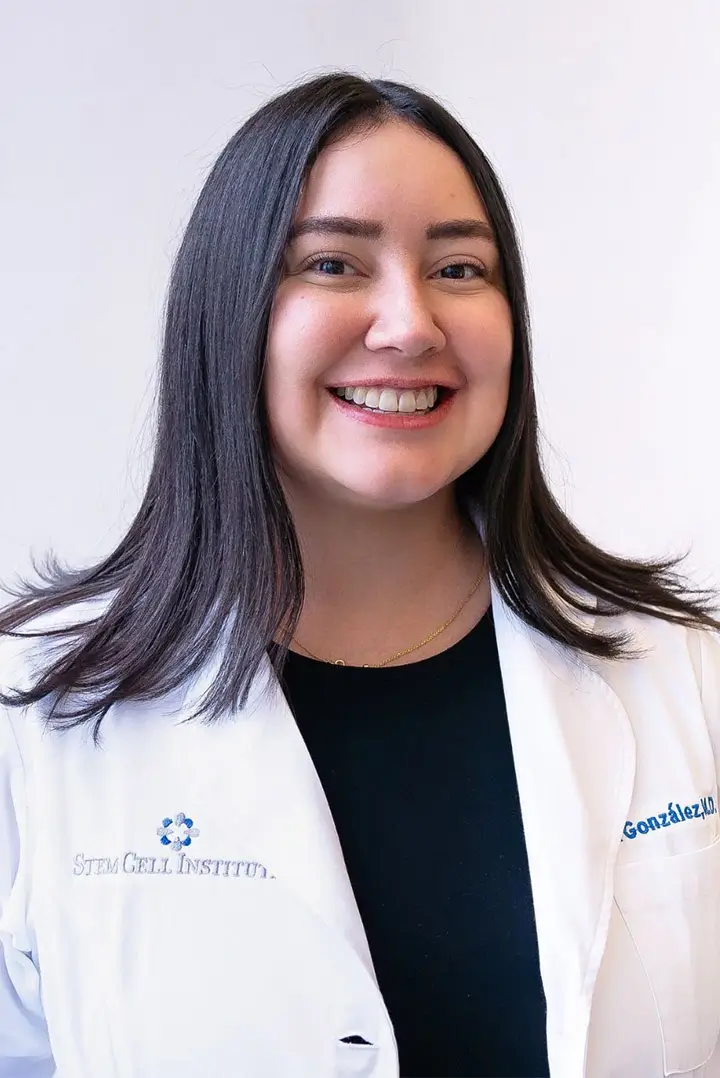Scientists at Stanford University School of Medicine have discovered that adult stem cells derived from adipose (fat) tissue are more easily and quickly reprogrammable into iPS (induced pluripotent stem) cells than are the more commonly used fibroblast (skin) cells. The finding provides a potential new application for the numerous liposuction procedures that are performed throughout the U.S. each year.
According to Michael Longaker, M.D., a professor of surgery at Stanford and coauthor of the study, "We’ve identified a great natural resource." Indeed, he refers to "liposuction leftovers" as "liquid gold". As cardiologist and senior author of the paper, Joseph Wu, M.D., Ph.D., adds, "Thirty to forty percent of adults in this country are obese. Not only can we start with a lot of cells, we can reprogram them much more efficiently. Fibroblasts, or skin cells, must be grown in the lab for 3 weeks or more before they can be reprogrammed. But these cells from fat are ready to go right away."
The scientists also found that adipose cells are convertible into iPS cells without the need for mouse-derived feeder cells, thereby eliminating the risk of cross-species contamination that would render the cells ineligible for human clinical use.
As a number of previous, independently conducted studies have already demonstrated, adult stem cells derived from adipose tissue are highly versatile, not only for their ability to differentiate into a wide variety of tissue types, but also for the rich and abundant supply of natural growth factors that are found in adipose tissue, which are essential for maintaining the potency of stem cells. Due to the ease with which adipose-derived adult stem cells can differentiate into bone, cartilage and muscle, these cells have already been routinely used in clinical veterinary therapies for years by companies such as Vet-Stem in the U.S. and VetCell in the U.K., both of whom have already repeatedly published detailed accounts of the therapeutic value of adipose-derived adult stem cells in the medical literature.
These latest findings represent a collaboration between the Lucile Packard Children’s Hospital, where Dr. Longaker is director of surgical research, and two Stanford institutes, namely Stanford’s Stem Cell Biology and Regenerative Medicine Institute, where Dr. Longaker is deputy director, and the Cardiovascular Institute of Stanford, where Dr. Wu is assistant professor of cardiology and radiology.
According to Dr. Ning Sun, who participated in the research at the Stem Cell and Regenerative Medicine Institute, and in reference to adipose-derived adult stem cells, "These cells are not as far along on the differentiation pathway, so they’re easier to back up to an earlier state. They are more embryonic-like than fibroblasts, which take more effort to reprogram."
Ordinarily, iPS cells are derived from fibroblasts via 4 genes that are used for the reprogramming and which are known as Yamanaka factors, named after Dr. Shinya Yamanaka who first developed the technique. Adipose-derived adult stem cells express higher levels of 2 of these 4 reprogramming genes, and when all 4 genes are added to the cells, Dr. Longaker and his colleagues discovered that only 0.01% of the fibroblast cells become iPS cells, whereas 0.2% of the fat cells become iPS cells, which represents a 20-fold improvement in the process.
As a Stanford representative explained in the initial press release, "The new iPS cells passed the standard tests for pluripotency: they formed tumors called teratomas when injected into immunocompromised mice, and they could differentiate into cells from the 3 main tissue types in the body, including neurons, muscle and gut epithelium." In other words, the newly derived cells are not yet ready for clinical use, since the formation of teratomas (tumors) remains a disqualifying trait, albeit a formal requirement of pluripotency, by definition.
Nevertheless, as Dr. Longaker explains, "The idea of reprogramming a cell from your body to become anything your body needs is very exciting. The field now needs to move forward in ways that the Food and Drug Administration would approve – with cells that can be efficiently reprogrammed without the risk of cross-species contamination – and Stanford is an ideal place for that to happen."
As Dr. Wu further adds, "Imagine if we could isolate fat cells from a patient with some type of congenital cardiac disease. We could then differentiate them into cardiac cells, study how they respond to different drugs or stimuli and see how they compare to normal cells. This would be a great advance."
Even though actual clinical therapies from iPS cells still remain years away, the discovery offers a new application for the endless supplies of liposuctioned fat – with its rich latticework of adipose cells, collagen and growth factors – which would otherwise normally be discarded as medical waste in countries such as the U.S, where it has been estimated that approximately two-thirds of the population, or approximately 200 million people, are overweight.

